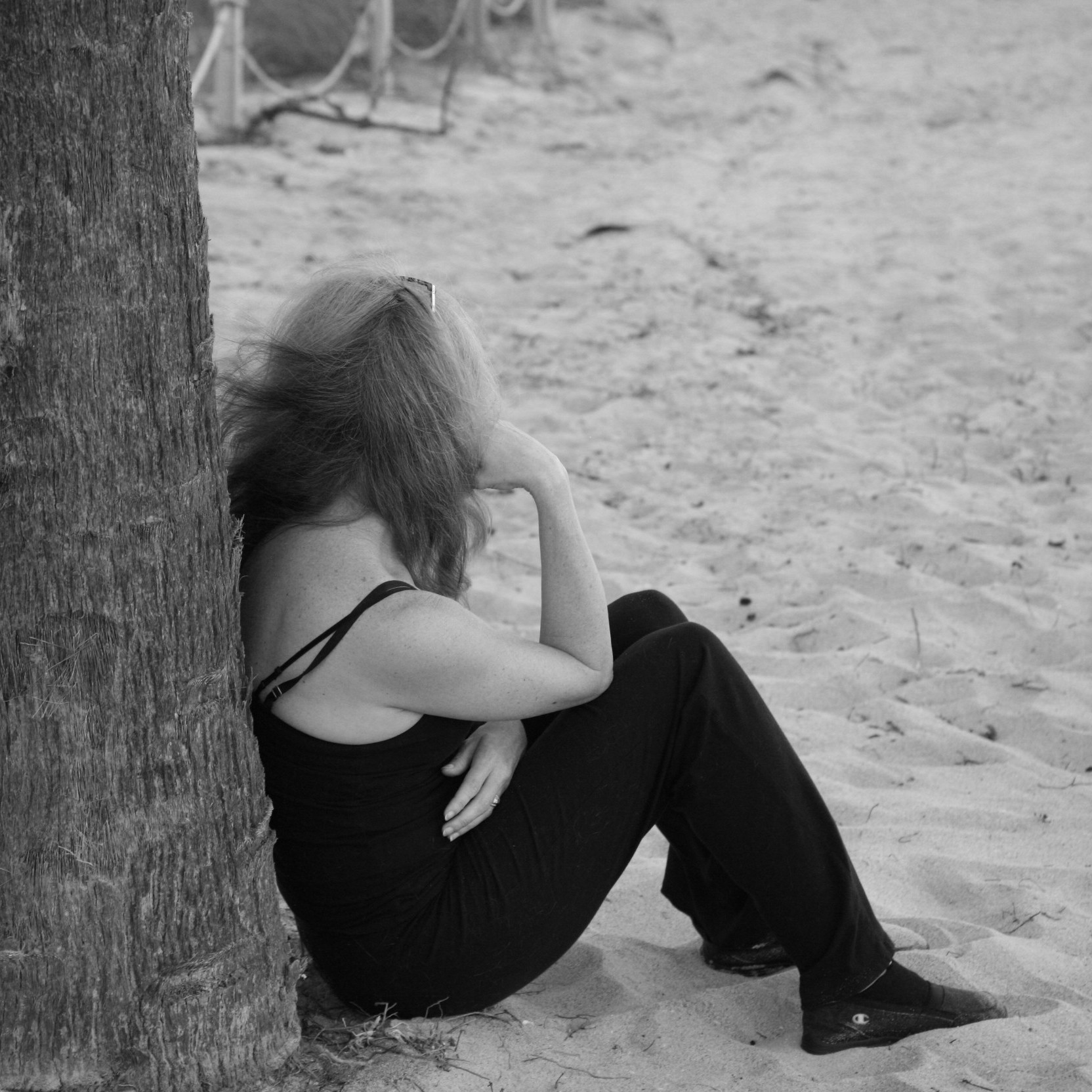Understanding the Differences Between Situational Depression and Clinical Depression
By Editorial Team
Depression is a complex and pervasive mental health condition that affects millions of people worldwide. It manifests in various forms, with situational depression and clinical depression being two distinct subtypes. While they share some common symptoms, understanding their differences is crucial for accurate diagnosis and effective treatment. This article explores the characteristics, causes, and treatment approaches for situational depression and clinical depression.
- Definition and Characteristics:
Situational Depression:
- Situational depression, also known as adjustment disorder with depressed mood, is a short-term emotional response to a specific life event or stressor.
- It is characterized by symptoms such as sadness, low energy, hopelessness, and a loss of interest or pleasure in activities, which are typically out of proportion to the triggering event.
- Symptoms of situational depression usually resolve within six months once the individual adapts to or resolves the situation that caused the distress.
Clinical Depression (Major Depressive Disorder):
- Clinical depression, or major depressive disorder (MDD), is a long-term mental health condition characterized by persistent and severe symptoms that occur for at least two weeks.
- Symptoms of clinical depression include profound sadness, fatigue, changes in appetite and sleep patterns, feelings of worthlessness or guilt, difficulty concentrating, and recurrent thoughts of death or suicide.
- Clinical depression often occurs without a specific external trigger and can last for months or even years if left untreated.
- Causes and Triggers:
Situational Depression:
- Situational depression is typically triggered by identifiable stressors, such as the loss of a loved one, divorce, job loss, or financial problems.
- The onset of situational depression is often directly linked to the stressful event, and the symptoms improve as the individual copes with or adjusts to the situation.
Clinical Depression:
- The causes of clinical depression are multifactorial and complex, involving a combination of genetic, biological, environmental, and psychological factors.
- It can develop without an apparent external cause and may be related to chemical imbalances in the brain, family history, trauma, or chronic stress.
- Clinical depression can also be triggered by specific events, but its duration and severity are disproportionate to the trigger.
- Duration and Recurrence:
Situational Depression:
- Situational depression is typically short-lived and tends to resolve within a few months once the stressor is addressed or the individual adapts to the situation.
- It rarely recurs unless new stressors or adverse life events occur.
Clinical Depression:
- Clinical depression is chronic in nature, and episodes may recur throughout a person’s lifetime.
- Even with treatment, individuals with clinical depression are at risk of experiencing multiple depressive episodes.
- Treatment Approaches:
Situational Depression:
- Treatment for situational depression often involves supportive therapy, counseling, and stress management techniques.
- Medication may be considered in severe cases or if symptoms do not improve with other interventions.
Clinical Depression:
- Treatment for clinical depression typically includes psychotherapy (e.g., cognitive-behavioral therapy or interpersonal therapy), medication (e.g., antidepressants), or a combination of both.
- Long-term management and prevention of recurrent episodes are essential, often requiring ongoing therapy and medication.
Conclusion:
Situational depression and clinical depression are distinct conditions with differences in their causes, duration, and treatment approaches. While situational depression is typically triggered by specific stressors and tends to resolve on its own, clinical depression is a chronic condition with complex underlying causes that may require ongoing treatment and management. Accurate diagnosis and appropriate treatment are essential for individuals experiencing either type of depression to achieve better mental health and well-being.

